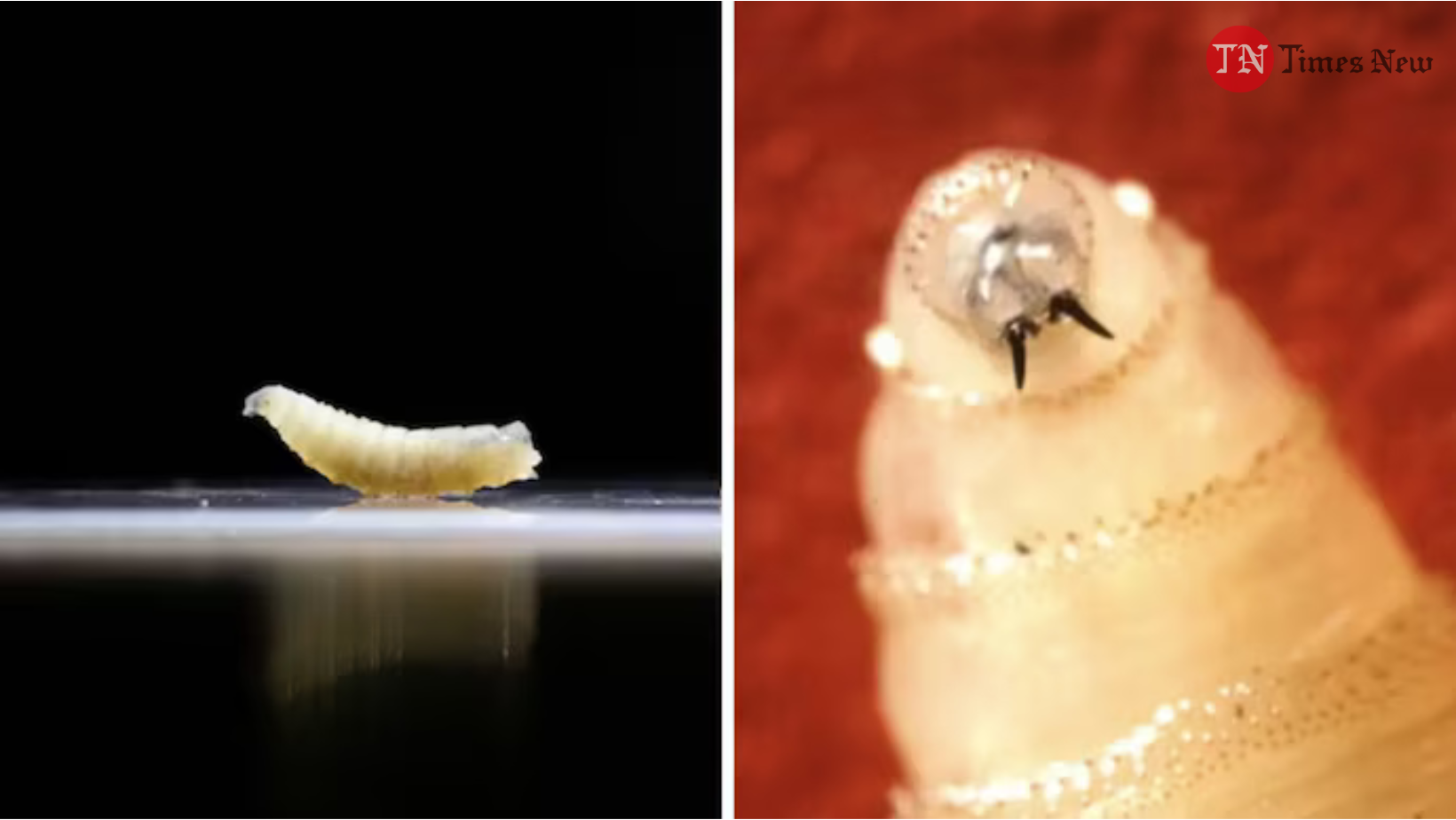
The U.S. Department of Health and Human Services (HHS) confirmed on Sunday the first human case of travel-associated New World screwworm in the United States, after a patient who had returned from El Salvador tested positive. The case, investigated by the Maryland Department of Health and the U.S. Centers for Disease Control and Prevention (CDC), was confirmed on August 4. While industry sources earlier suggested the traveler had returned from Guatemala, officials have not clarified the discrepancy. HHS said the risk to public health remains very low, and no animal cases have been confirmed in the U.S. this year.
The confirmation has heightened concerns among cattle ranchers and beef producers, who are already wary of potential outbreaks as the parasite spreads northward from Central America and southern Mexico. Screwworm infestations, though rare in humans, can be fatal if untreated and are devastating to livestock, with the USDA estimating that an outbreak in Texas alone could cost up to $1.8 billion in losses. Treatment requires removing hundreds of larvae from wounds, making early detection critical.
The USDA has stepped up control efforts, recently announcing plans for a sterile fly production facility in Texas to prevent infestations. Mexico, meanwhile, is building its own $51 million sterile fly facility as outbreaks continue to advance northward. Screwworms were eradicated from the U.S. in the 1960s, but recent cases in Mexico have pushed authorities to halt cattle imports at several border points. With U.S. cattle prices already at record highs, livestock traders warn that even limited cases and lack of transparency could rattle markets and present a major political challenge.
Pic Courtesy: google/ images are subject to copyright









